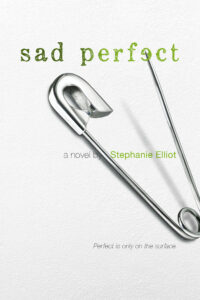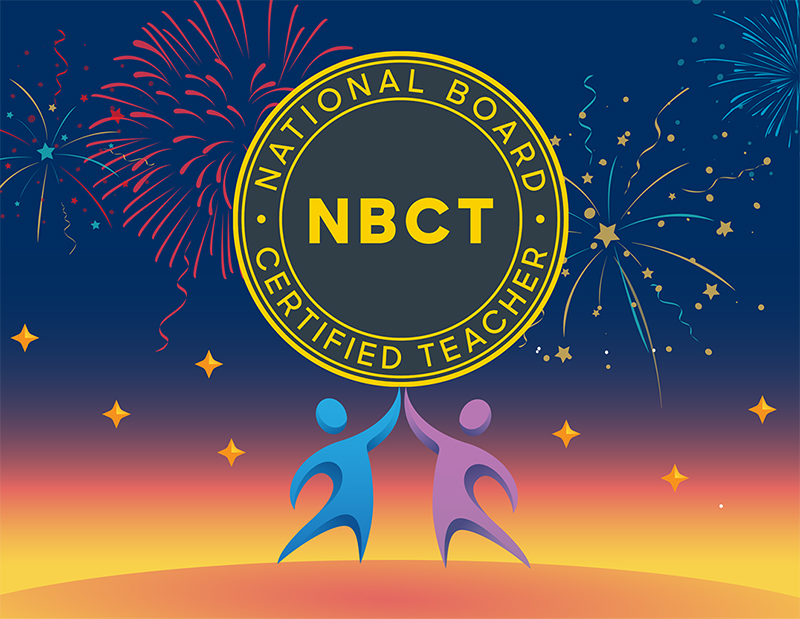My Teen Daughter Gave Me Permission to Write about her Eating Disorder, ARFID By Stephanie Elliot
 My daughter has an eating disorder and it’s unlike the usual suspects. Everyone is familiar with bulimia and anorexia nervosa, but what my daughter has is called ARFID, which stands for Avoidant/Restrictive Food Intake Disorder.
My daughter has an eating disorder and it’s unlike the usual suspects. Everyone is familiar with bulimia and anorexia nervosa, but what my daughter has is called ARFID, which stands for Avoidant/Restrictive Food Intake Disorder.
ARFID, simply put, is the fear of eating – extreme picky eating; the fear that if you try something new, you might very well die. It sounds completely unbelievable, but this is the mind-thought of those who have the disorder. It has nothing to do with feelings of self-esteem or image issues, and almost everyone who has it suffers from depression, anxiety, and other social issues. It is most definitely a mental disorder and is listed in the DSM-5. Children and adults with ARFID will gag or vomit if new foods are introduced to them. They restrict foods, only eating a bank of small ‘safe’ foods, and distant themselves from friends and family. The disorder can get so bad that some turn to self-harm and have suicidal ideation.
ADVERTISEMENT
ADVERTISEMENT
My daughter McKaelen is 17 and she’s had ARFID for almost her whole life, but was only diagnosed when she was 15. For years we knew something was wrong – she was an extremely picky eater, she became reclusive, avoided friends, was distant with us, and didn’t participate in any family occasions that involved food. Doctors and therapists had no answers for us. She was healthy, growing at an above-average pace, and appeared normal. Only when we found a specialist in ARFID who could properly diagnose her did we find a way to recovery.
While McKaelen was in a 20-week outpatient program to learn to get better, I was writing a fictional account of her experience. This was therapy for me. We had been dealing with her eating disorder for years and years and I was learning so much. If I could write about her experience, and share the knowledge I was gaining about this mental disorder in order to help others learn, then I was going to do it. About halfway through her intense therapy, I knew I had to tell her I was writing about her experience. If she felt uncomfortable about it, I would stop. Instead, she embraced the idea and I kept writing.
 While Sad Perfect is fiction, the symptoms of ARFID, and the accompanying anxiety, depression, and social distress in the book are true to what my daughter personally experienced. With McKaelen’s permission and thoughtful input, I share her story so that other teens going through something similar will be able to read this and know they are not alone.
While Sad Perfect is fiction, the symptoms of ARFID, and the accompanying anxiety, depression, and social distress in the book are true to what my daughter personally experienced. With McKaelen’s permission and thoughtful input, I share her story so that other teens going through something similar will be able to read this and know they are not alone.
I want struggling teens to know that their disorder has a name. They need to know that they’re not an anomaly, they are not the only kid who can’t try a food, and that it’s okay. These kids need to know that when they sit at the dining room table and they feel threatened, paralyzed, and incapable of doing the simple everyday task of eating a meal, it’s because they may have ARFID. They also need to know that it is a disorder that is not very well-known yet, but people in healthcare are finally talking about it, there is help available, and they can get better, with the right care and treatment plan.
BIO:
Stephanie Elliot is the author of Sad Perfect (FSG, 2/28/17) and is an advocate for ARFID, Avoidant/Restrictive Food Intake Disorder. She lives in Scottsdale, Arizona with her husband and her three children.
For more book information please visit http://www.stephanieelliot.com.
For more information on ARFID, please visit http://stephanieelliot.wixsite.com/arfid.
Filed under: #MHYALit, Eating Disorders, Guest Post, Uncategorized
About Heather Booth
Heather Booth has worked in libraries since 2001 and am the author of Serving Teens Through Reader’s Advisory (ALA Editions, 2007) and the editor of The Whole Library Handbook: Teen Servcies along with Karen Jensen.
ADVERTISEMENT
ADVERTISEMENT
SLJ Blog Network
Name That LEGO Book Cover! (#53)
Cover Reveal and Q&A: The One and Only Googoosh with Azadeh Westergaard
Exclusive: Vol. 2 of The Weirn Books Is Coming in October | News
Fighting Public School Book Bans with the Civil Rights Act
ADVERTISEMENT







